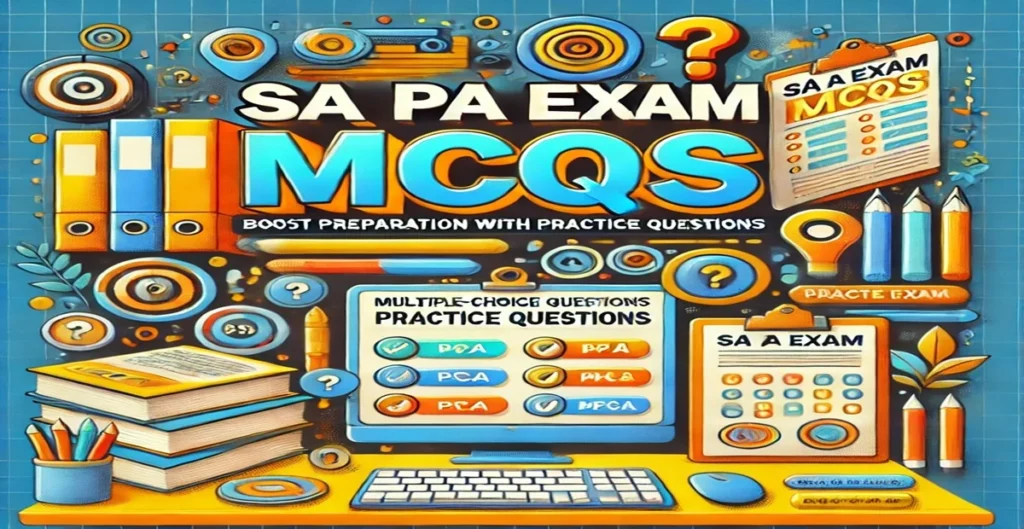Volume-III IPO Paper 03 -MCQs – Practice high-quality MCQs for the Inspector of Post Office (IPO) Exam covering key postal rules, procedures, and current schemes. Ideal for quick revision and accurate self-assessment based on the latest syllabus.
1.What is the primary purpose of the Central Civil Services (Classification, Control and Appeal) Rules, 1965 (CCS CCA Rules)?
a) To ensure government servants are paid fairly
b) To establish procedures for the suspension of government employees
c) To outline the procedure for disciplinary action against government servants
d) To provide guidelines for the promotion of government employees
2.Which stage of disciplinary proceedings involves investigating the alleged offence and gathering evidence before deciding on further action?
a) Third Stage: Enquiry Process
b) First Stage: Preliminary Enquiry
c) Second Stage: Framing of Charges
d) Fourth Stage: Review of Enquiry Officer’s Report
3.What is the role of the Enquiry Officer during the disciplinary proceedings?
a) To represent the accused in the case
b) To decide on the penalty after the enquiry
c) To conduct the enquiry and assess the evidence
d) To assist the presenting officer in gathering evidence
4.Which of the following is true regarding major penalties under CCS CCA Rules?
a) Major penalties do not require a formal enquiry
b) A formal enquiry is mandatory before imposing major penalties
c) Major penalties can be imposed without any investigation
d) Major penalties are decided by the Union Public Service Commission (UPSC) only
5.What happens if the accused does not attend the enquiry or fails to defend themselves?
a) The enquiry is canceled
b) The disciplinary authority may proceed with an ex-parte enquiry
c) The accused is automatically acquitted
d) A new enquiry must be conducted later
6.Under which rule is it specified that a government servant is entitled to subsistence allowance during suspension?
a) Rule 18
b) Rule 25
c) Rule 33
d) Rule 17
7.What must the disciplinary authority do before imposing a penalty based on the enquiry report?
a) Consult the Union Public Service Commission (UPSC) for advice
b) Obtain approval from the Ministry of Finance
c) Record a decision without any further consultation
d) Report the findings to the Central Vigilance Commission (CVC)
8.What is a government servant’s right during disciplinary proceedings as per Rule 14 of the CCS CCA Rules?
a) To remain silent throughout the enquiry
b) To receive a copy of the charge sheet after the enquiry
c) To submit a defense and present evidence
d) To resign at any point during the process
9.What is the maximum period a government servant can remain suspended without a review under Rule 17?
a) 12 months
b) 6 months
c) 3 months
d) 2 years
10.In which circumstance can the suspension of a government servant be revoked according to Rule 23?
a) At any time, if the issuing authority deems necessary
b) Only after a successful appeal
c) Only if the employee has been convicted of the offence
d) After the submission of the defense by the accused
